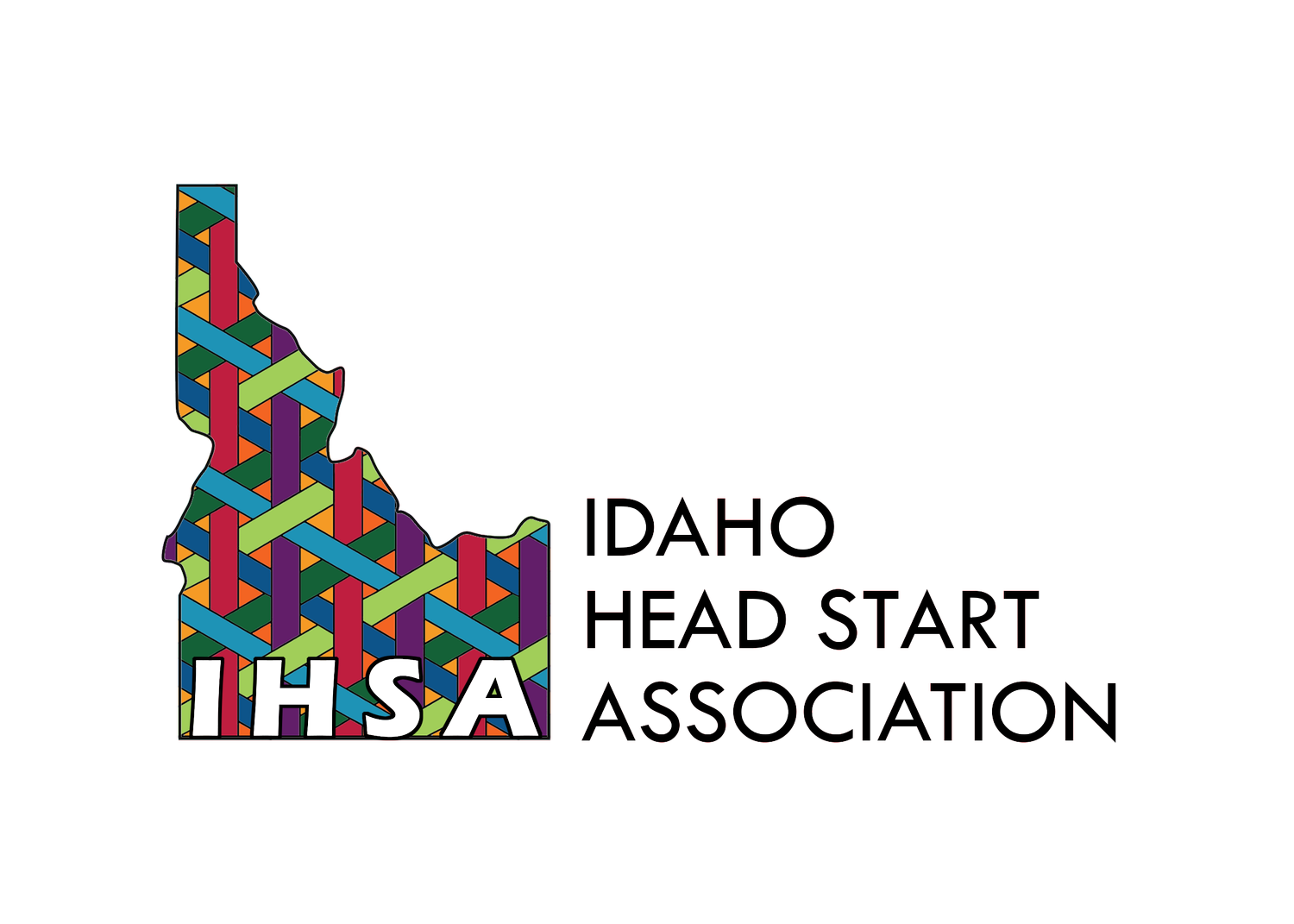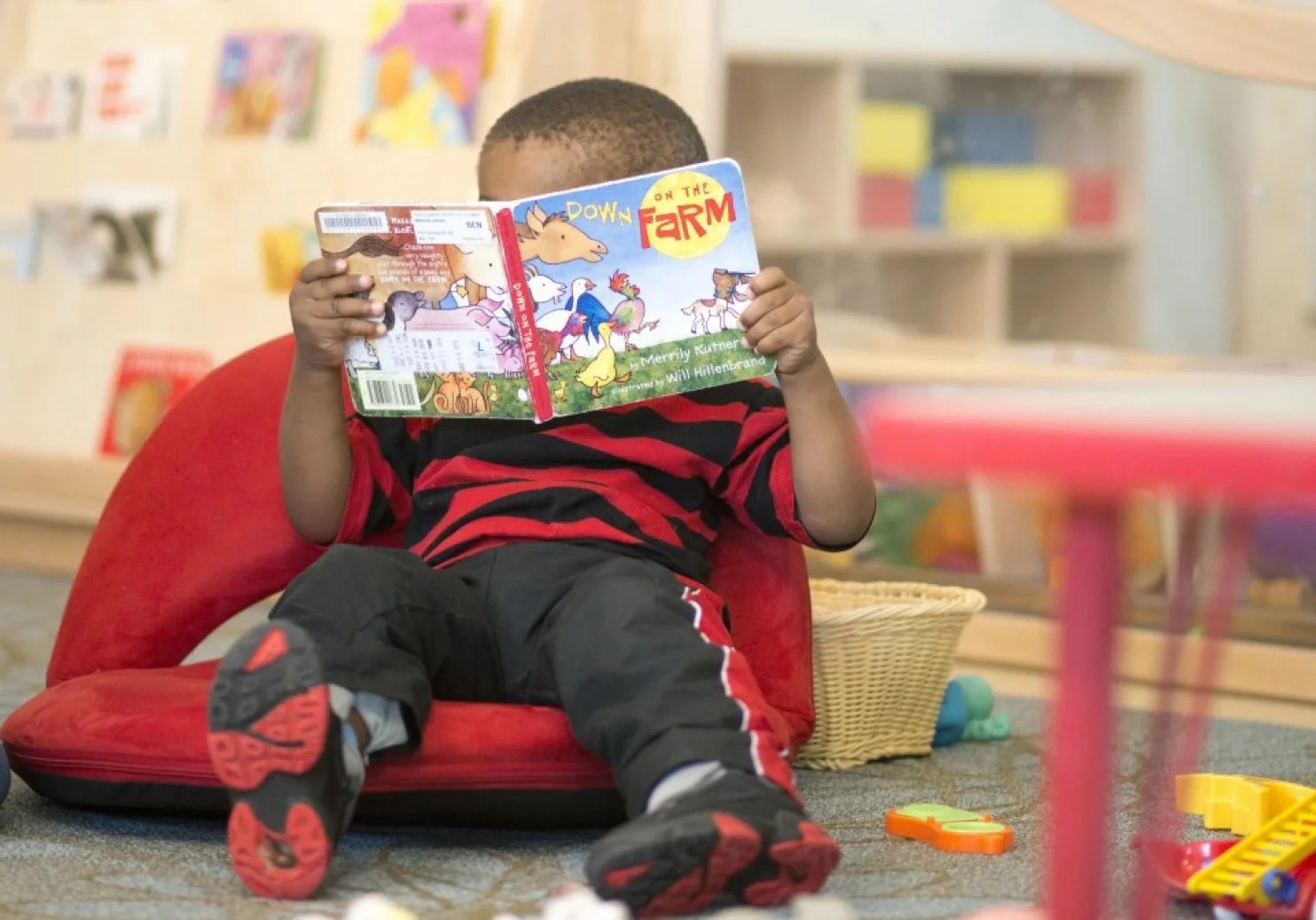By Elvira Sanchez, Family Service Advocate, Community Council of Idaho Migrant Seasonal Head Start
My story starts when I was a young child. My family was a migrant family from Texas. We migrated back and forth to Idaho until I was two years old. I was a Head Start student.
Growing up was fun until I reached high school. Then I wanted a car and I wanted name-brand clothes. I wanted all the things that other kids had, and I didn’t, so I dropped out in 10th grade to make $5.25 an hour. I worked at a burger joint for three years, then I moved on to be a housekeeper at the hospital. All this time I felt I wanted to be more. I knew I could achieve more.
I eventually went to CSI to get my GED and graduated in 1998. I was very proud of myself. I was the first in my family to graduate from high school. In April 2000 I started working with the Migrant Seasonal Head Start (MSHS) in Twin Falls. I started as a bus aid working split shift. Then I became a teacher aide. It was so rewarding knowing I was making a difference in children’s lives. I could see and feel the hunger they had to learn, be noticed and cared for.
In 2002 I became a mommy. Words cannot explain this feeling. I vowed to teach and implement everything I had learned through the trainings provided by MSHS. It was this same year that I started going to college. My goal was to obtain my AA in early childhood education and my Child Development Associate (CDA) certificate. I obtained my CDA and became a preschool teacher. I still attended college.
In 2005 I had my second child. I wanted to succeed and be even better for them. I stayed with MSHS until 2010. At that time my youngest child was enrolled College of Southern Idaho Head Start. My home visitor Ileta told me the Early Head Start home visiting program was hiring and encouraged me to apply. I applied and was hired. If it wasn’t for Ileta’s persistence and encouragement, I would have never applied.
That position was extremely rewarding for me. I visited families from all walks of the life. I visited refugee families. I learned so much from the trainings we had with the mental health specialist and the home visiting trainings. But what was most rewarding for me, was the bond created with the families I visited and my coworkers. These people are my family today.
They taught me to appreciate what I have, and they taught me to be humble. I saw how eager they were to learn and better their families, and that, in turn, gave me the strength to continue with my education and do the same with my little family. As they say, all good things must come to an end. In 2016 I took a new position with the MSHS as a Family Service Advocate. I work with families to help them make goals and achieve them. In 2017 I obtained my Family Development Credential, and this reinforced to me that as a Family Service Advocate I could teach families to be self-sufficient and confident enough to reach their goals.
I am not going to lie. Life has not been easy, but thanks to the support I received from my family and the skills that I have learned, Head Start has helped me overcome my mountains. Everyone was so encouraging, and they made everything easier. I have yet to obtain my AA, but I can tell you with confidence I will get it. More than anything I want my children to see me walk and receive my degree. I want them to learn from me that persistence and perseverance does pay off. Head Start has provided me so many opportunities. These steppingstones allowed me to better myself professionally and with my own family.


